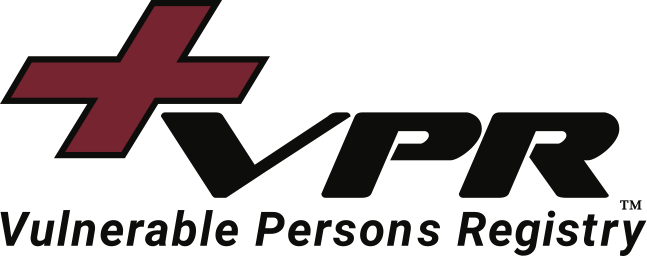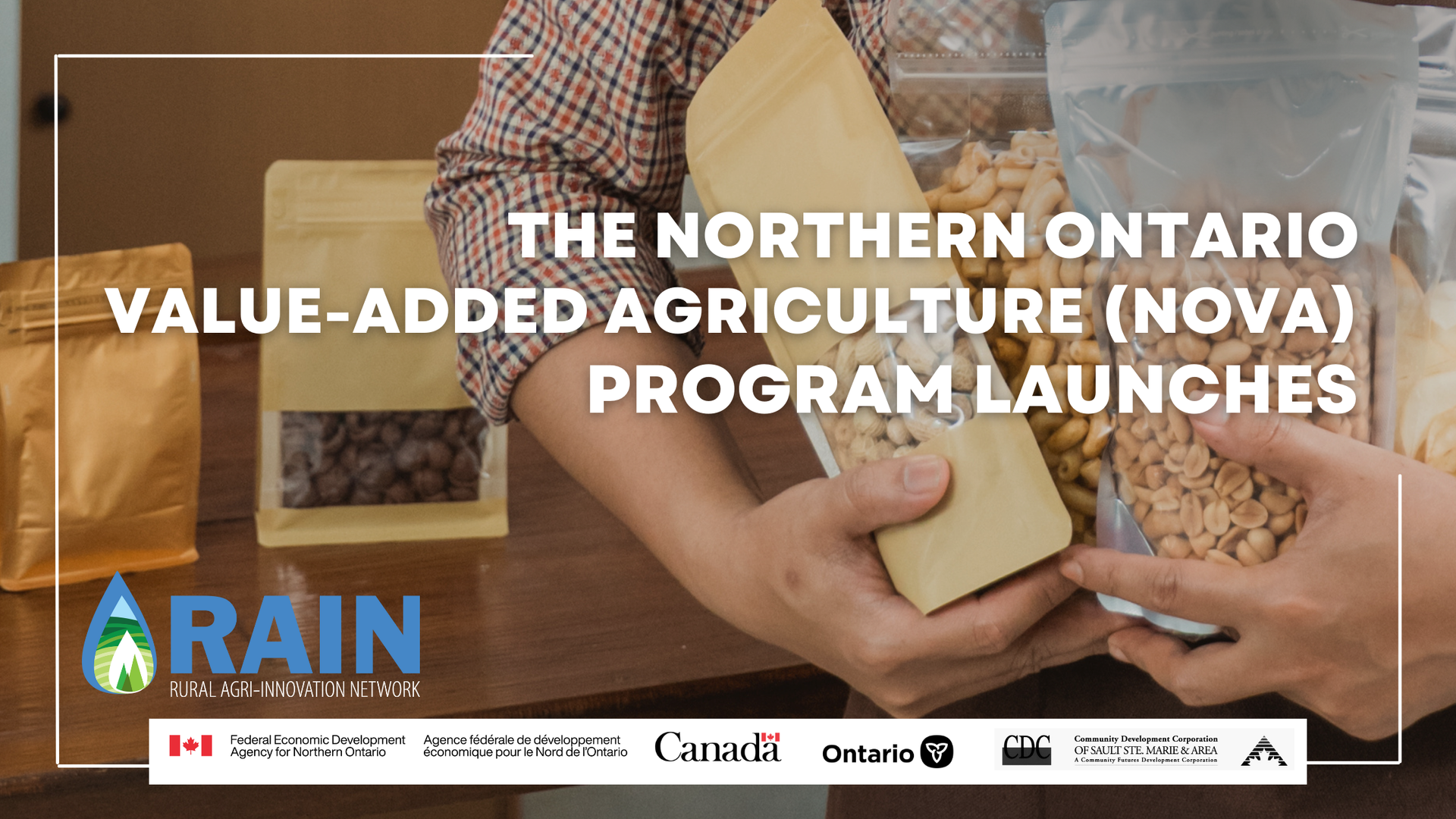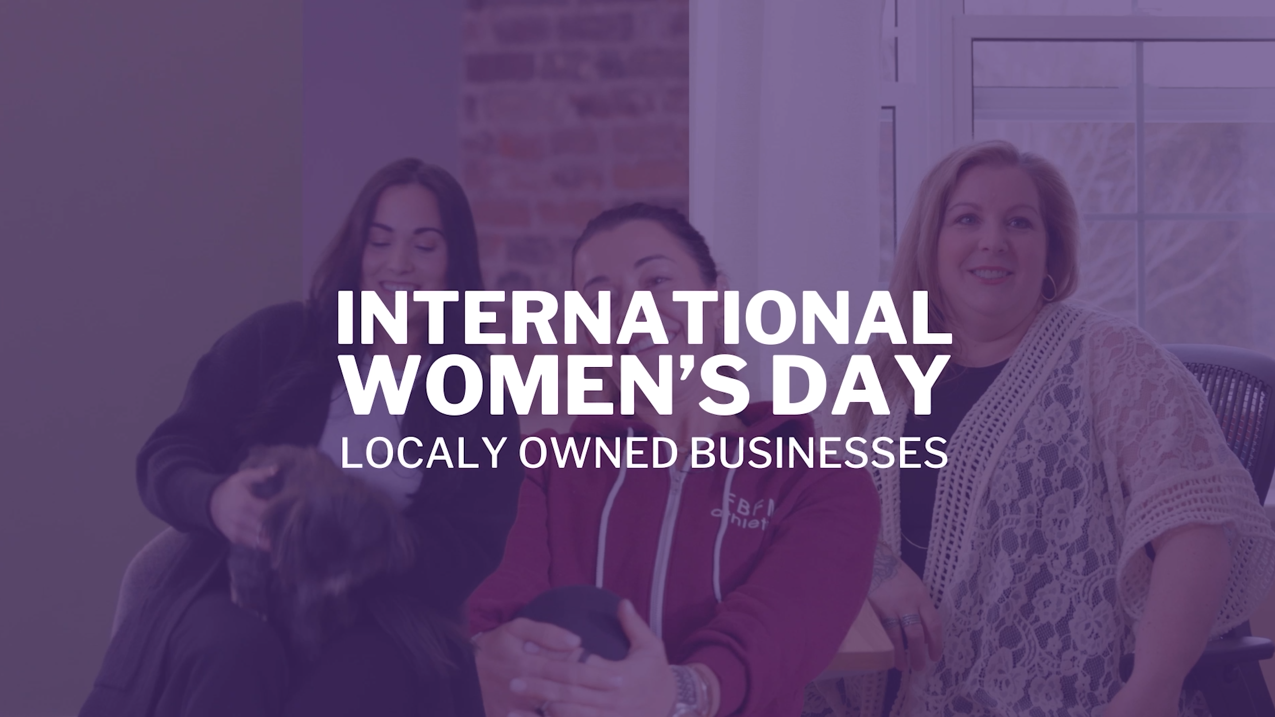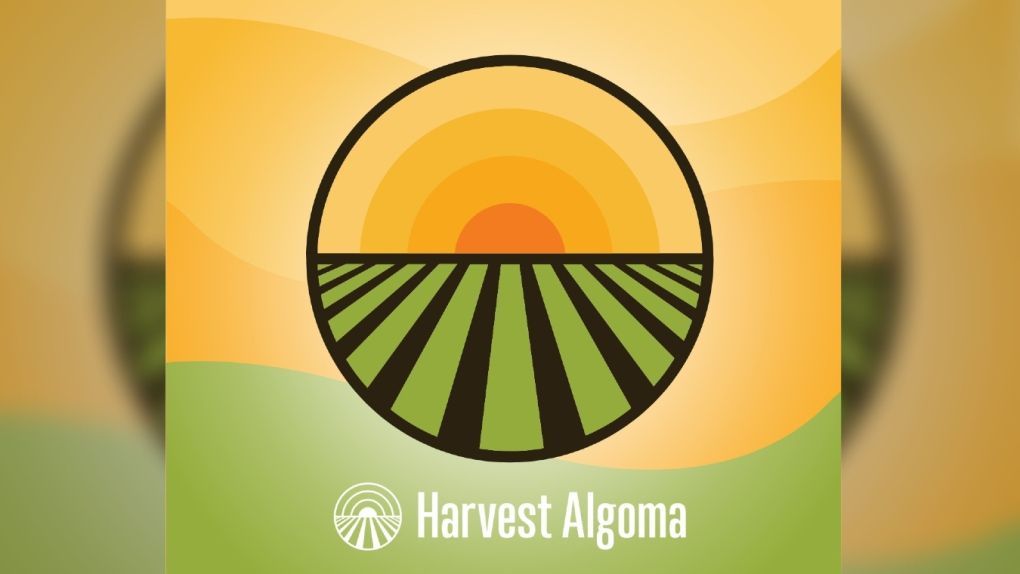Vulnerable Persons Registry in Action
July 29, 2020
How The VPR helped in the Fort McMurray floods

Background
In August 2003, 50 million people across North America went without power in a massive wide-scale blackout. Many residents spent days without electricity. Among the people affected were those dependent on life-sustaining technology, including a 21-year-old man from Sault Ste. Marie named Lewis Wheelan who relied on air conditioning to regulate his body temperature. The blackout left him without power for nearly a day, and he died because no one could get to him to ensure his safety.
After learning of the ill-fated outcomes of the 2003 blackout, Acorn Information Solutions, a division of the Sault Ste. Marie Innovation Centre, initiated a joint project with Accessibility Sault Ste. Marie to develop a solution to proactively ensure the safety of residents who are living at home and are at greater risk in the face of emergency.
Acorn established the Vulnerable Persons Registry (VPR), a first-of-its-kind solution aimed at ensuring the safety of residents living alone at home who would be at greater risk during emergencies.
The Registry is comprised of voluntary public data including name, birth date, address, type of vulnerability, emergency contact information and legal guardian information provided by vulnerable citizens. All data is confirmed, stored and managed within Acorn Information Solutions.
Flood in Fort McMurray: VPR in action
The VPR was recently implemented in the Regional Municipality of Wood Buffalo (RMWB) and was used to assist the most vulnerable during the recent spring break-up flood in Fort McMurray. The Vulnerable Persons Registry (VPR) Program was used to help identify the location of VPR registrants and get them to safety as flood waters rose.
As the flooding emergency in Wood Buffalo developed rapidly, the community’s VPR Coordinator, Donna McQuade, was able to contact all those who registered for the VPR and notify them of the imminent evacuation.
When the time came, Incident Command was able to provide registrant address information, and special requirement needs to first responders who picked up each registrant and relocated them directly to a local hotel that had been pre-identified for VPR evacuations during a COVID-19 environment, allowing for each registrant to have a separate room. As the registrants arrived at the hotel, McQuade met them in the lobby to ensure they were properly registered and received an appropriate room.
“The ability to identify the location of each VPR registrant in pre-flood planning and ensure they were safely evacuated once we responded to the rising flood waters proved the value of the program” said Scott Davis, Director, Emergency Management and Incident Commander.
After being safely evacuated and sheltered in hotel rooms, VPR registrants were given local community support agency information including Canadian Red Cross.
When it was safe to do so, VPR registrants were returned to their homes and have since been contacted on a regular basis to check in on their welfare.
Expansion
The Vulnerable Persons Registry has also expanded to include the rural areas of the Algoma and Manitoulin Sudbury Districts offering VPR large scale emergency services.
To determine if your township is covered by the VPR, please refer to the link below or contact the VPR Coordinator, at the Sault Ste. Marie Innovation Centre by calling 705-942-7927.
Learn more
The Vulnerable Persons Registry currently assists people who have difficulty with mobility, vision or hearing, and/or development/intellectual, cognitive, or mental health constraints, and those who require electricity for life-sustaining equipment such as life support, oxygen, dialysis, etc.
To view more examples of the Vulnerable Persons Registry, click here (page 38) and visit our website at https://www.soovpr.com/Home
SHARE THIS

The Sault Ste. Marie Innovation Centre (SSMIC) has launched the Northern Ontario Value-Added Agriculture (NOVA) Program to empower agri-food entrepreneurs across Northern Ontario to develop new food products. By offering workshops, training sessions, networking events, and a mentorship program, NOVA aims to equip Northern entrepreneurs with the essential skills and knowledge needed for long-term business growth and sustainability. Supported by $42,080 in funding from the Ontario Ministry of Agriculture, Food and Agribusiness, NOVA will address the critical need for professional development in the agri-food sector. It focuses on enhancing entrepreneurial skills, improving safety and risk management practices, and providing strategies to expand market presence at home and abroad. “The agri-food promise and potential of Northern Ontario is immense, and our government will continue to work with Northern partners like the SSMIC to help seize it,” said Rob Flack, Minister of Agriculture, Food and Agribusiness. “NOVA will help unlock more of the huge untapped entrepreneurial energy and ambition of Northern agri-food entrepreneurs to build strong local businesses, create good-paying jobs and strengthen Northern Ontario’s economy.” Program goals include strengthened business capabilities, job creation, and increased economic activity, leading to a more vibrant and sustainable agri-food sector in Northern Ontario. By fostering public engagement with agriculture and local food, NOVA will also contribute to rural development and enhanced community well-being. "Through the NOVA Program, we are excited to provide agri-food entrepreneurs with the tools and networks they need to thrive," said Peter Bruijns, Executive Director of the Sault Ste. Marie Innovation Centre. "This initiative not only supports individual businesses but also strengthens our entire region's agricultural ecosystem." For more information visit: https://rainalgoma.ca/programs/the-northern-ontario-value-added-agriculture-nova-training-program/ SSMIC would also like to thank FedNor the Government of Canada, and the Sault Ste Marie Community Development Corporation for their support in this exciting program.




